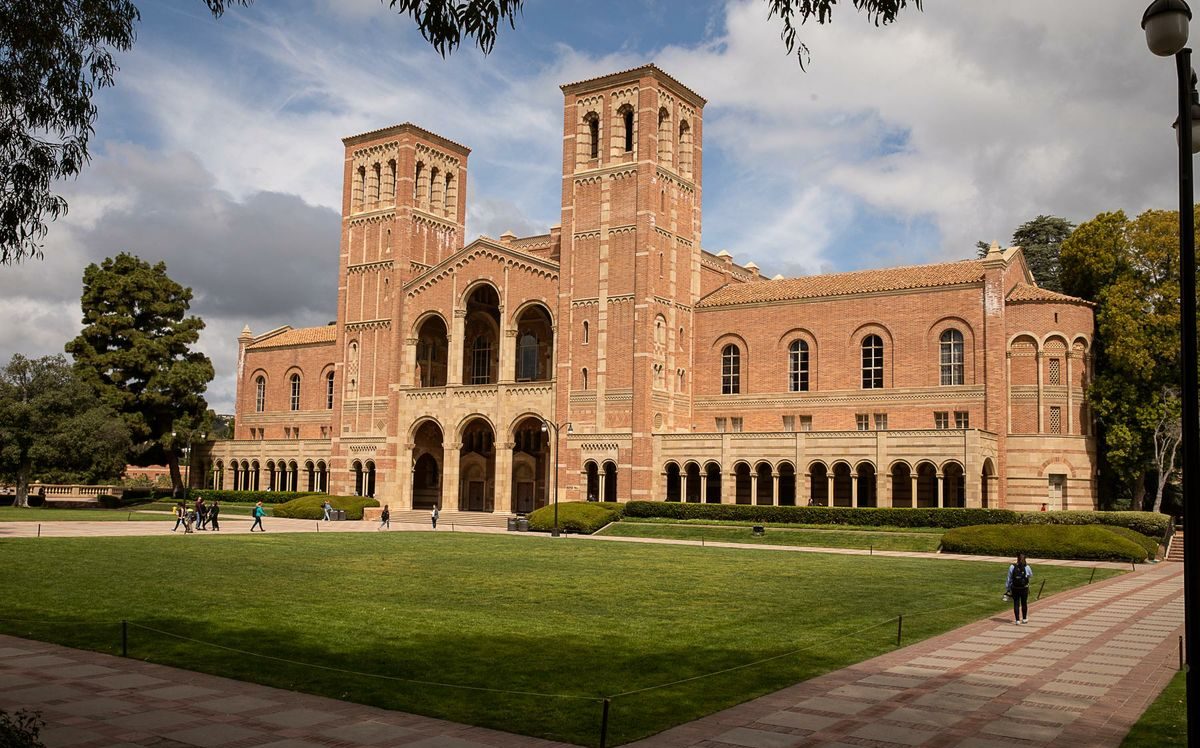On top of the investigatory powers bill, the UK government wants companies to actively censor the content on their sites, like Facebook and Twitter, with threats of fines. Nick Clegg claims it's an unrealistic prospect, yet a man in Pakistan was sentenced to death for what he posted on Facebook.
Is it almost the end to freedom of speech in the UK and beyond?
On the prospect of internet content censorship, Lawyer Monthly hears the thoughts of Nicola Mead-Batten, an associate from Cardiff and London based Capital Law , specialising in commercial disputes.
For as long as the Human Rights Act is a part of UK law, freedom of expression will subsist. There are, however, challenges afoot including:
- The continued balancing act between it and other basic freedoms such as privacy, religion and prohibition on discrimination;2.
- How long the Act will be part of a Britain in the process of a ‘retirement’ from Europe;3.
- What the ‘new’ government will do while those negotiations are ongoing – including whether or not it will trigger section 40 of the Crime and Courts Act (putting papers on the hook for costs of challenges to their journalism). A move which many newspapers are suggesting will be the beginning of the end.
It would be hugely ironic if – in a world where everyone in the first world is a micro-journalist, political positioning is more story-telling than spin, and where the most powerful people in the world are slamming “fake news” – the fall guys are the professional news-writers. Those who, in theory at least, we ought to be able to trust to tell the truth and hold others to account.
Facebook and others are discussing censorship – the rights and wrongs of the messages the masses are permitted to put on their sites. But it might be that the starting point in resolving the conflicts is looking at one of the oldest professions first – the printed press.




















